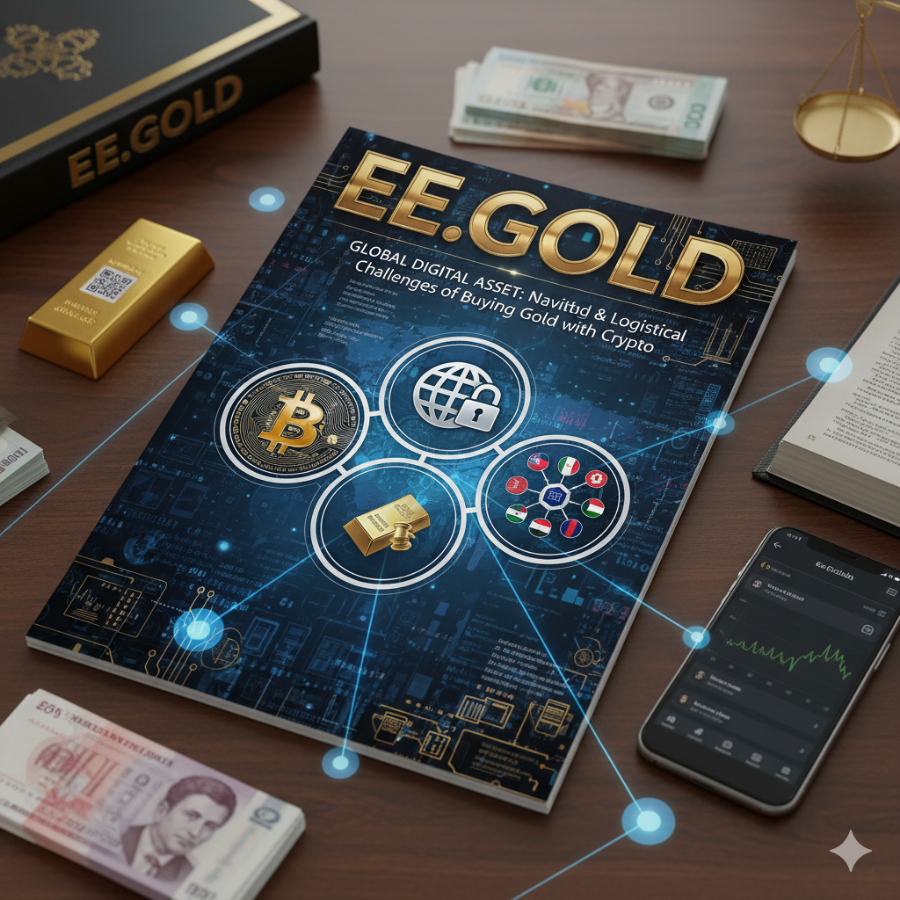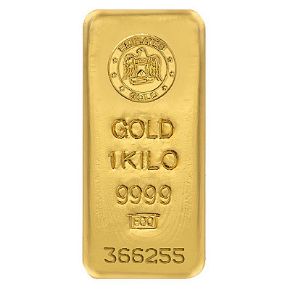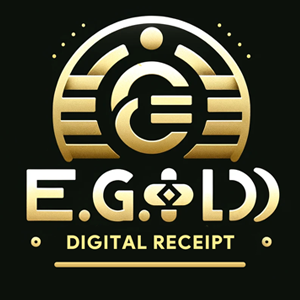
In an era where digital currencies have reshaped financial landscapes, the intersection of cryptocurrency and physical assets like gold presents both opportunity and complexity. Buying gold with crypto allows investors to diversify portfolios, hedge against inflation, and leverage the borderless nature of blockchain. However, this process is fraught with legal hurdles, regulatory variances, and logistical obstacles that differ wildly across jurisdictions. From outright bans to seamless integrations, understanding these challenges is essential for anyone looking to execute such transactions safely and efficiently.
The Appeal of Gold-Crypto Transactions
Gold has long been a store of value, while cryptocurrencies offer speed, anonymity, and decentralization. Combining them enables quick conversions without traditional banking intermediaries, potentially reducing fees and bypassing currency controls. Platforms and dealers now facilitate direct swaps of Bitcoin, Ethereum, or stablecoins for physical bullion, coins, or even digital gold tokens backed by real metal. Yet, what works flawlessly in one country can lead to seizures, fines, or legal battles in another.
Legal Frameworks: A Patchwork of Regulations
Cryptocurrency regulations remain in flux globally, directly impacting gold purchases. In permissive environments, transactions are straightforward; in restrictive ones, they can be prohibited.
Consider the United States, where crypto is treated as property for tax purposes. Buyers must report capital gains on any appreciation from the crypto used, and dealers often require KYC (Know Your Customer) compliance. Purchasing gold with crypto through licensed exchanges or vaults is common, but interstate shipping of physical gold adds layers of state-level sales tax considerations.
In the European Union, the Markets in Crypto-Assets (MiCA) regulation harmonizes rules across member states, classifying crypto as financial instruments. This means gold dealers must be registered as Virtual Asset Service Providers (VASPs) to accept crypto payments. Anti-money laundering (AML) directives mandate transaction monitoring, and VAT may apply to physical gold deliveries, though investment gold is often exempt.
Contrast this with El Salvador, which adopted Bitcoin as legal tender. Here, buying gold with crypto is encouraged and faces minimal restrictions, aligning with the government's pro-crypto stance. Physical delivery is simplified, with fewer reporting requirements for small transactions.
On the flip side, countries like China impose strict bans on crypto trading and mining. Using crypto to buy gold could be seen as circumventing capital controls, risking asset confiscation or penalties under foreign exchange laws. Even offshore dealers might refuse shipments to Chinese addresses to avoid complicity.
India presents a middle ground with high taxation: a 30% tax on crypto gains plus TDS (Tax Deducted at Source) on transfers. Gold purchases trigger additional GST (Goods and Services Tax), and importers face import duties. Crypto-to-gold swaps are possible via international platforms, but customs declarations are mandatory to prevent smuggling accusations.
In the Middle East, the United Arab Emirates stands out with Dubai's crypto-friendly ecosystem. Gold souks and vaults accept crypto through licensed entities, benefiting from zero personal income tax. However, neighboring Saudi Arabia maintains tighter controls, requiring central bank approval for large crypto transactions.
Africa offers varied experiences. South Africa treats crypto as an asset with capital gains tax, allowing gold purchases but requiring SARS (South African Revenue Service) reporting. Nigeria, despite past central bank restrictions on crypto banking, sees a thriving P2P market where gold dealers operate informally, though this carries enforcement risks.
Logistical Hurdles: From Payment to Delivery
Beyond legality, execution involves practical challenges. Crypto volatility means the gold price in fiat terms can fluctuate during transaction confirmation, necessitating locked-in rates or instant swaps.
Payment methods vary: direct wallet transfers to dealers, escrow services, or tokenized gold platforms where crypto buys fractional ownership backed by audited vaults. Physical delivery requires secure shipping, insurance, and customs clearance. International shipments often involve couriers like FedEx or specialized firms, but delays from border inspections are common in high-regulation areas.
Storage is another issue. Buyers can opt for allocated vaulting in free-trade zones like Singapore or Switzerland, where crypto payments are accepted by major depositories. These locations offer neutrality and low taxes but involve annual fees and proof-of-ownership audits.
In crypto-hostile regions, over-the-counter (OTC) deals or P2P networks emerge as workarounds. Meeting a dealer in person for crypto transfer and immediate gold handover minimizes digital trails but heightens physical risks like theft.
Tax implications compound logistics. Converting crypto to gold is a taxable event in most places, requiring accurate valuation at the moment of exchange. Record-keeping is crucial, especially for audits years later.
Risk Mitigation Strategies
To navigate these waters:
- Research Local Laws: Consult professionals familiar with both crypto and commodities regulations in the target country. Use compliant platforms that handle KYC/AML automatically.
- Choose Reputable Dealers: Opt for established vaults or exchanges with insurance and transparent auditing. Avoid unverified P2P sellers.
- Manage Volatility: Use stablecoins like USDT for payments to peg value to fiat, or platforms with real-time pricing.
- Plan for Taxes and Fees: Factor in capital gains, VAT/GST, import duties, and shipping costs. In some cases, holding gold in offshore vaults defers taxes until repatriation.
- Secure Delivery and Storage: Insure shipments and consider third-party custody in jurisdictions with strong property rights.
- Stay Updated: Regulations evolve rapidly—crypto bans can lift, or new taxes impose overnight.
Emerging Trends and Future Outlook
Innovations like blockchain-tracked gold (where each bar has a digital twin) and DeFi platforms for instant swaps are streamlining processes. Central bank digital currencies (CBDCs) in pilot stages could bridge crypto and traditional finance, potentially easing gold trades.
Yet, geopolitical tensions may tighten controls. Sanctions on certain cryptos or countries could disrupt supply chains. Conversely, adoption in inflation-hit economies might normalize crypto-gold pairings.
Buying gold with cryptocurrency is a powerful tool for modern investors, blending ancient wealth preservation with cutting-edge finance. Success hinges on meticulous planning around each country's legal stipulations and logistical realities. By prioritizing compliance, security, and informed decision-making, individuals can turn potential pitfalls into profitable ventures. As the world grapples with digital asset integration, those who adapt swiftly will lead in this golden crypto frontier.
NOTE
This Content is the copyrighted content of EE.GOLD. All rights are reserved. You are welcome to share or use our content only by including direct links to our website. Any other form of reproduction, distribution, or use without proper attribution is strictly prohibited.
This Content is intended solely for educational purposes. The information provided does not constitute financial or investment advice.
Please note that Digital Storage Receipt, Secure Storage Solutions, and Physical Gold Sales are the only services offered by EE.GOLD.
We strictly adhere to government regulations and are firmly against all illegal financial or investment activities globally.
For further inquiries, feel free to contact us through our official channels.










.png)

